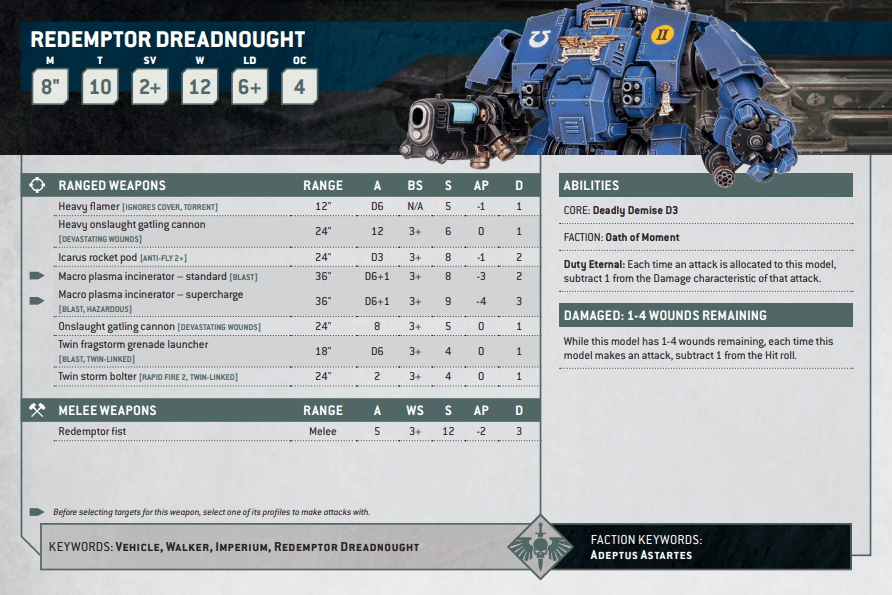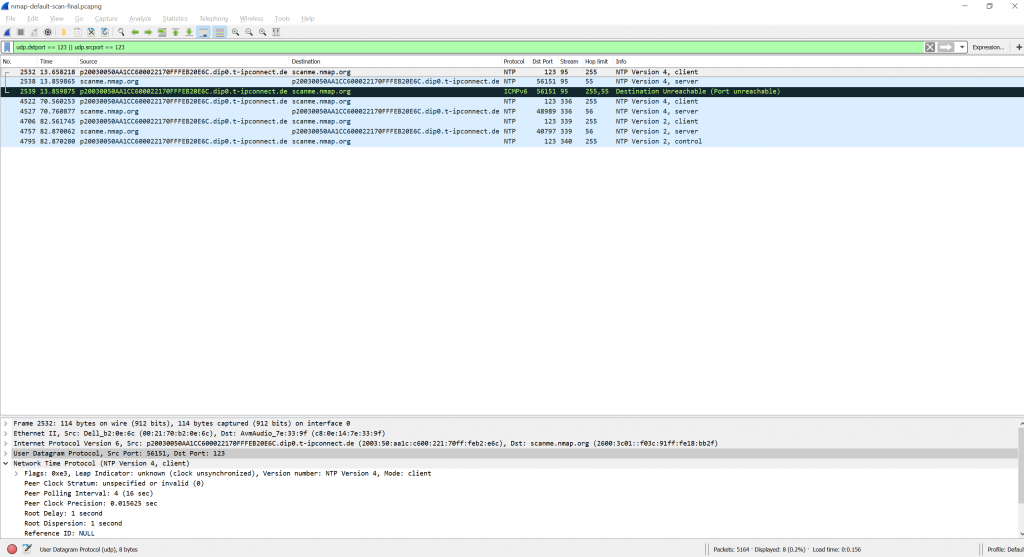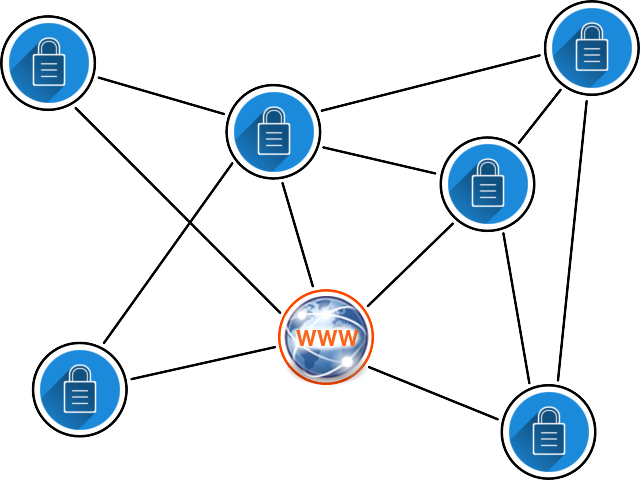7 SOC Roles

The Security Operations Center (SOC) is a critical component of an organization’s cybersecurity strategy, acting as the central hub for monitoring, detecting, and responding to security incidents. Within a SOC, various roles work together to ensure the security and integrity of the organization’s IT environment. Here, we’ll delve into seven key SOC roles, each playing a vital role in the cybersecurity ecosystem.
1. Security Analyst
Security Analysts are the frontline defenders in a SOC. Their primary responsibility is to monitor the organization’s networks, systems, and applications for any signs of security breaches or anomalies. They analyze logs, network traffic, and system alerts to identify potential security incidents. Security Analysts must have a good understanding of security technologies, such as firewalls, intrusion detection systems, and security information and event management (SIEM) systems. Their vigilance and analytical skills are crucial in recognizing threats early on, enabling the SOC to respond swiftly and effectively.
2. Incident Responder
Incident Responders are called into action once a security incident has been identified. Their role involves containing the incident to prevent further damage, then eradicating the threat, and finally, recovering the affected systems or data. This process involves a structured approach, including identifying the root cause, assessing the impact, and implementing measures to prevent similar incidents in the future. Incident Responders must be highly skilled in forensic analysis, threat hunting, and have the ability to work under pressure to minimize downtime and data loss.
3. Threat Hunter
Threat Hunters proactively search for threats that may have evaded traditional security controls. They use advanced tools and techniques, such as anomaly detection, behavioral analysis, and predictive analytics, to identify, understand, and combat advanced threats. Threat Hunters must possess a deep understanding of adversarial tactics, techniques, and procedures (TTPs), as well as the ability to think like an attacker to stay ahead of emerging threats. Their work is critical in enhancing the SOC’s defenses and ensuring the organization’s security posture is robust.
4. Security Engineer
Security Engineers focus on designing, building, and maintaining the security infrastructure within the organization. This includes deploying and configuring security devices such as firewalls, intrusion prevention systems, and encryption technologies. They also ensure that the security controls are aligned with the organization’s security policies and compliance requirements. Security Engineers must have a strong technical background and stay updated with the latest security technologies and trends to implement effective security solutions.
5. Compliance Officer
The Compliance Officer ensures that the SOC’s operations and the organization’s security practices comply with relevant laws, regulations, and industry standards. This role involves conducting audits, risk assessments, and implementing policies and procedures that adhere to compliance requirements. Compliance Officers must have a thorough understanding of legal and regulatory requirements, such as GDPR, HIPAA, and PCI-DSS, and work closely with other teams to ensure that security measures are not only effective but also compliant.
6. Security Consultant
Security Consultants provide expert advice on how to improve the organization’s overall security posture. They conduct risk assessments, vulnerability assessments, and penetration tests to identify weaknesses and provide recommendations for remediation. Security Consultants must have broad knowledge of security best practices, industry standards, and emerging threats. They work closely with various stakeholders, including IT teams, management, and external partners, to implement security strategies that align with the organization’s goals and objectives.
7. SOC Manager
The SOC Manager oversees the entire operations of the Security Operations Center. This includes managing the team of security analysts, incident responders, and other SOC personnel. The SOC Manager is responsible for strategic planning, budgeting, and ensuring that the SOC has the necessary resources and skills to perform its duties effectively. They must have strong leadership and communication skills, as well as technical knowledge to understand the complexities of cybersecurity operations. The SOC Manager also acts as a liaison between the SOC and other parts of the organization, ensuring that security is integrated into the organization’s overall strategy.
Conclusion
Each of these seven SOC roles plays a critical part in the cybersecurity ecosystem, working together to protect the organization from an ever-evolving landscape of threats. As cybersecurity continues to become a top priority for organizations, the importance of these roles will only continue to grow. Whether it’s the vigilance of a Security Analyst, the proactive approach of a Threat Hunter, or the strategic oversight of a SOC Manager, every role contributes to a robust cybersecurity posture that safeguards the organization’s assets and reputation.
What are the primary responsibilities of a Security Analyst in a SOC?
+A Security Analyst is primarily responsible for monitoring the organization’s IT environment for security breaches or anomalies, analyzing logs and alerts, and identifying potential security incidents for further investigation.
How does a Threat Hunter contribute to the SOC’s operations?
+A Threat Hunter proactively searches for threats that may have evaded traditional security controls, using advanced tools and techniques to identify and combat advanced threats, thereby enhancing the SOC’s defenses and the organization’s security posture.
What skills are essential for a SOC Manager to be effective?
+A SOC Manager must have strong leadership and communication skills, as well as technical knowledge of cybersecurity operations. They should be able to manage a team, plan strategically, and ensure the SOC has the necessary resources to perform its duties effectively.



